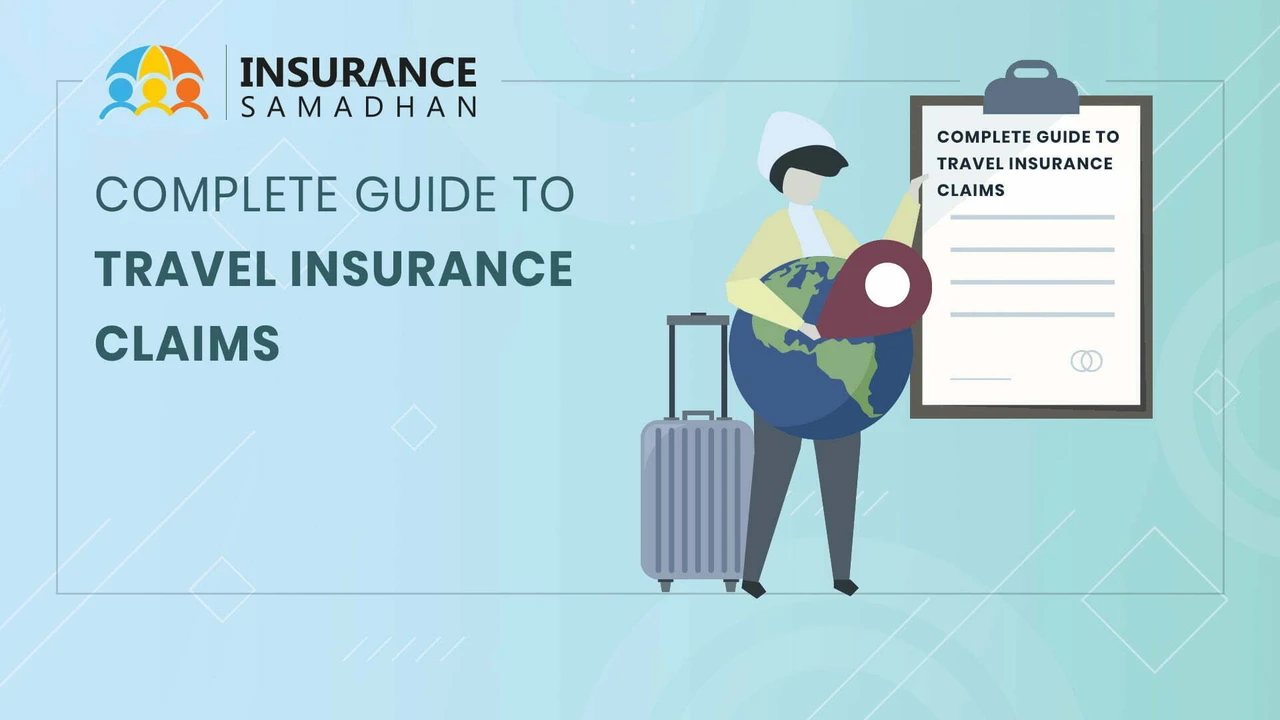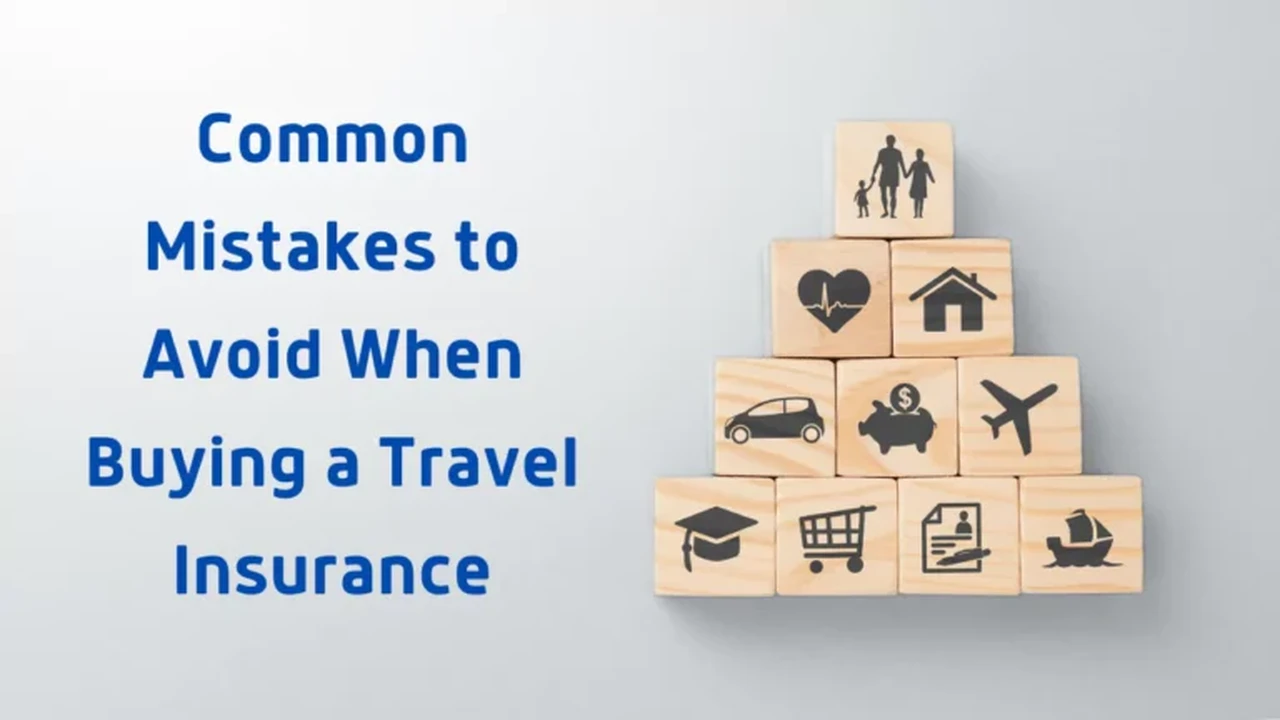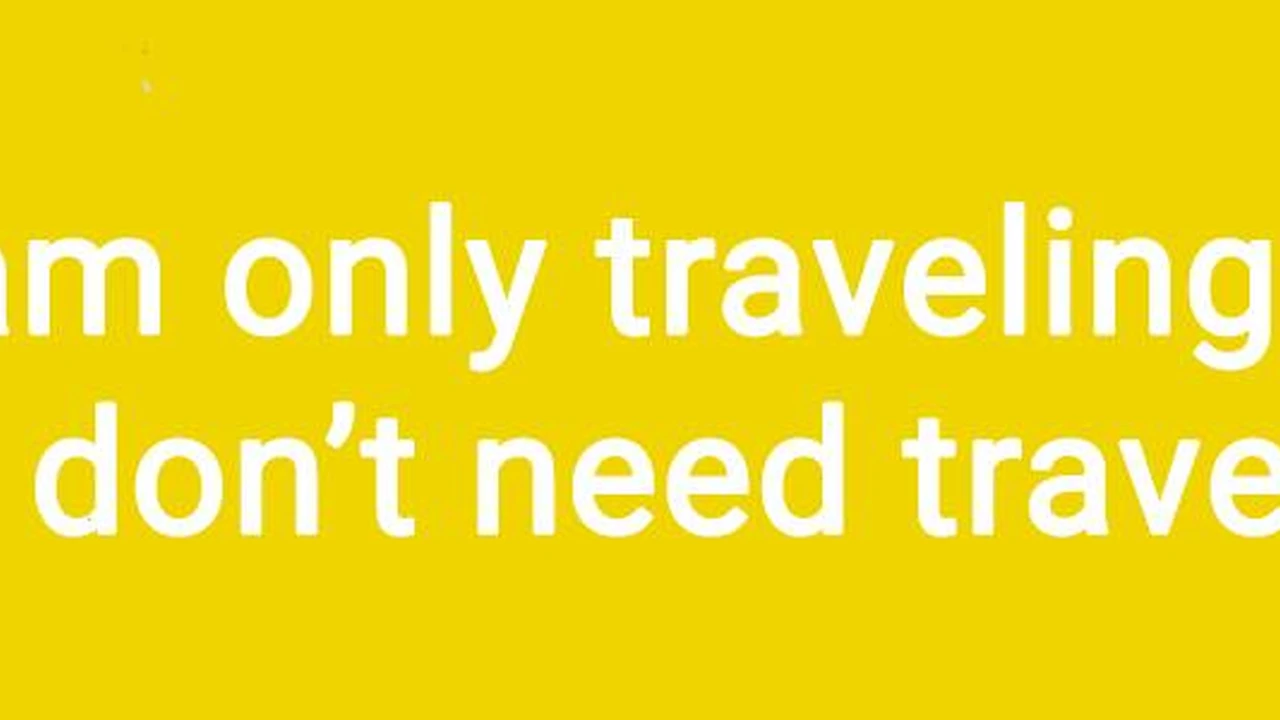How to Spot a Scam Travel Insurance Policy: Red Flags to Watch For

Understanding Travel Insurance Basics and Common Scams
Okay, so you're planning a trip! Awesome! But before you jet off to paradise (or wherever your adventure takes you), let's talk about something not-so-glamorous but super important: travel insurance. Specifically, avoiding scams. Nobody wants their dream vacation ruined by some shady insurance policy that leaves you high and dry when things go wrong. This isn't just about saving money; it's about protecting yourself and your peace of mind. Let's dive into the murky waters of travel insurance scams and learn how to spot those red flags waving frantically in the breeze.
Red Flag Number One: Unbelievably Low Prices and Deep Discounts on Travel Insurance
Look, we all love a bargain. But when it comes to travel insurance, if a price seems too good to be true, it probably is. Scam artists often lure unsuspecting travelers with incredibly low premiums, promising comprehensive coverage for pennies on the dollar. This is a classic bait-and-switch tactic. They might offer a rock-bottom price upfront, only to deny claims later based on loopholes or hidden exclusions. Think of it this way: quality travel insurance costs money because it provides real protection. If someone's offering it for next to nothing, they're likely cutting corners somewhere, and that "somewhere" could be when you need them most. Investigate the company offering these prices and compare with other reputable insurers. Check for online reviews and complaints about claim denials. A legitimate insurer will have a transparent pricing structure and be able to clearly explain what is and isn't covered.
Red Flag Number Two: High-Pressure Sales Tactics and Aggressive Marketing for Travel Insurance Policies
Imagine this: you're bombarded with calls, emails, or pop-up ads urging you to buy travel insurance right now, or you'll miss out on some "limited-time offer." This is a huge red flag. Legitimate insurance companies don't need to strong-arm you into buying a policy. They understand that you need time to research your options, compare plans, and make an informed decision. Scammers, on the other hand, thrive on creating a sense of urgency and fear. They want you to act impulsively, without thinking things through. They may use tactics like "only a few policies left" or "prices are going up tomorrow" to pressure you into buying. Don't fall for it! Take your time, do your research, and don't let anyone rush you into making a decision you're not comfortable with. If a company is being overly aggressive, that's a major warning sign to steer clear.
Red Flag Number Three: Vague Policy Language and Hidden Exclusions in Travel Insurance Contracts
Reading the fine print is never fun, but it's absolutely crucial when it comes to travel insurance. Scammers often use vague or confusing language to obscure the true extent of their coverage (or lack thereof). They might bury important exclusions deep within the policy documents, hoping you won't notice them until it's too late. Pay close attention to the policy wording, and don't hesitate to ask questions if anything is unclear. Look for phrases like "subject to approval," "pre-existing conditions excluded," or "coverage limited to specific circumstances." These phrases can be red flags that indicate the policy may not be as comprehensive as it seems. Also, be wary of policies that are overly complicated or difficult to understand. A legitimate insurance company will use clear, concise language and make it easy for you to understand what you're covered for. If you're struggling to decipher the policy, that's a sign that something might be amiss.
Red Flag Number Four: Lack of Transparency and Difficulty Finding Company Information for Travel Insurance Providers
Before you buy any travel insurance policy, do your homework and research the company offering it. A legitimate insurance company will have a clear online presence, with a website that provides detailed information about their company, their policies, and their contact information. They should also be licensed and regulated by the appropriate authorities. Scammers, on the other hand, often operate in the shadows, making it difficult to find information about them. Their website might be poorly designed or contain little to no information about the company's history, management, or financial stability. They might also use a P.O. box or a virtual address instead of a physical office location. If you're having trouble finding basic information about the company, that's a major red flag. Check with your state's insurance department to see if the company is licensed and in good standing. A little research can go a long way in protecting yourself from fraud.
Red Flag Number Five: Requiring Payment via Unusual Methods or Unsecured Channels for Travel Insurance
Be cautious of any travel insurance company that asks you to pay with unusual methods, such as wire transfers, prepaid debit cards, or cash. Legitimate insurance companies typically accept credit cards, debit cards, or checks. These payment methods offer some level of protection against fraud. Wire transfers and prepaid cards, on the other hand, are often untraceable, making it difficult to recover your money if you're scammed. Also, make sure the company's website is secure before entering any payment information. Look for the "https" in the website address and a padlock icon in the browser's address bar. These indicate that the website is using encryption to protect your data. Never provide your credit card information over the phone or through an unsecured email. If a company is asking you to pay in a way that seems unusual or risky, it's best to walk away.
Red Flag Number Six: Unrealistic Guarantees or Promises of Refunds for Travel Insurance Premiums
Be wary of travel insurance companies that make unrealistic guarantees or promises of refunds. Some scammers will promise you a full refund of your premium if you don't use the policy, or they might guarantee that your claim will be approved, no matter what. These promises are often too good to be true. Legitimate insurance companies can't guarantee that your claim will be approved, as each claim is evaluated based on the specific circumstances and the policy terms. They also can't offer unconditional refunds, as they incur costs to administer the policy, even if you don't use it. If a company is making promises that seem unrealistic or too good to be true, that's a sign that they might be trying to scam you. Read the fine print carefully and understand the terms and conditions of the policy before you buy it. And remember, if it sounds too good to be true, it probably is.
Recommended Travel Insurance Products and Their Specific Use Cases
Alright, so we've talked about avoiding scams. Now let's get into some actual recommendations for travel insurance products. Remember, the best policy for you will depend on your specific needs and travel plans, so do your research and compare options before making a decision.
World Nomads: Adventure Travel and Comprehensive Coverage
World Nomads is a popular choice for adventure travelers and those seeking comprehensive coverage. They offer a range of plans that cover activities like hiking, skiing, scuba diving, and other adventure sports. Their policies also include coverage for medical emergencies, trip cancellation, baggage loss, and other common travel mishaps. World Nomads is known for its flexibility, allowing you to purchase or extend your policy while you're already traveling. This is a great option for those who are unsure of their travel dates or who might want to extend their trip. **Use Case:** Backpacking through Southeast Asia, climbing Mount Kilimanjaro, or skiing in the Alps. **Price Range:** $50-$200 per week, depending on the plan and your age.
Allianz Travel Insurance: Trip Cancellation and Interruption Specialists
Allianz Travel Insurance is a well-established company that specializes in trip cancellation and interruption coverage. Their policies can protect you if you have to cancel your trip due to illness, injury, or other unforeseen circumstances. They also offer coverage for trip delays, baggage loss, and medical emergencies. Allianz is a good choice for travelers who are concerned about losing money if they have to cancel their trip. **Use Case:** Booking a non-refundable cruise, traveling during hurricane season, or having a family member with a pre-existing medical condition. **Price Range:** $40-$150 per trip, depending on the coverage amount and your age.
Travel Guard: Medical Coverage and 24/7 Assistance
Travel Guard is another reputable travel insurance provider that offers a variety of plans to suit different needs. They are particularly known for their medical coverage and 24/7 assistance services. Their policies can cover medical expenses, emergency medical evacuation, and repatriation of remains. Travel Guard is a good choice for travelers who are concerned about medical emergencies while traveling abroad. They offer a global assistance network that can help you find a doctor, arrange for medical transportation, and communicate with your family. **Use Case:** Traveling to a remote area with limited medical facilities, having a pre-existing medical condition, or wanting peace of mind knowing that you have access to 24/7 medical assistance. **Price Range:** $30-$120 per trip, depending on the coverage amount and your age.
Comparing Travel Insurance Products: Key Features and Price Points
Choosing the right travel insurance policy can be overwhelming, so here's a quick comparison of the products mentioned above, focusing on key features and price points:
| Company | Key Features | Price Range (per week/trip) | Best For |
|---|---|---|---|
| World Nomads | Adventure sports coverage, flexible policy dates, comprehensive coverage | $50-$200 per week | Adventure travelers, backpackers |
| Allianz Travel Insurance | Trip cancellation/interruption specialists, wide range of plans | $40-$150 per trip | Travelers concerned about trip cancellation, families |
| Travel Guard | Medical coverage, 24/7 assistance, global network | $30-$120 per trip | Travelers concerned about medical emergencies, seniors |
Understanding Travel Insurance Costs: Factors Affecting Premiums
The cost of travel insurance can vary depending on a number of factors, including:
- Your age: Older travelers typically pay higher premiums, as they are statistically more likely to have medical issues.
- Your destination: Traveling to countries with high medical costs or political instability can increase your premium.
- The length of your trip: Longer trips typically cost more to insure.
- The amount of coverage you need: Higher coverage limits will result in higher premiums.
- Your pre-existing medical conditions: Some policies may exclude coverage for pre-existing conditions, or charge a higher premium to cover them.
- The activities you plan to do: Engaging in adventure sports or other risky activities can increase your premium.
Before you buy a policy, get quotes from several different companies and compare the coverage and price. Don't just choose the cheapest option; make sure the policy provides adequate coverage for your needs.
Final Thoughts: Protecting Yourself and Your Trip
Choosing the right travel insurance policy can be a daunting task, but it's an essential part of planning any trip. By understanding the red flags of travel insurance scams and doing your research, you can protect yourself from fraud and ensure that you have adequate coverage in case of an emergency. Remember to read the fine print, compare policies, and choose a reputable insurance company. And most importantly, enjoy your trip!
:max_bytes(150000):strip_icc()/277019-baked-pork-chops-with-cream-of-mushroom-soup-DDMFS-beauty-4x3-BG-7505-5762b731cf30447d9cbbbbbf387beafa.jpg)






